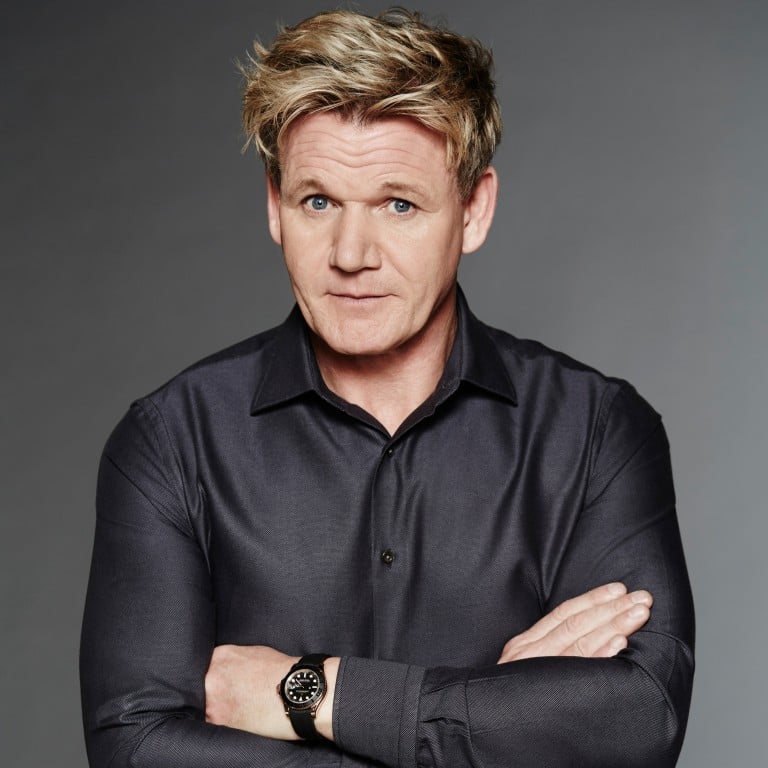Is the age of the celebrity chef over? Jamie Oliver, Nobu and Gordon Ramsay all quit Hong Kong – so what’s next for high-end restaurants?

- Star chefs have been leaving Hong Kong in droves in recent years – from Alain Ducasse and Pierre Gagnaire to Tom Aikens and Judy Joo
- Restaurants are instead embracing Instagram-friendly dining concepts – Pierre Gagnaire’s eponymous French restaurant was replaced by celeb-less Japanese izakaya The Aubrey
One casualty of Hong Kong’s food and beverage scene over the past few years has been the demise of the celebrity chef. Only a few years ago, the most famous culinary names in the world had restaurants in the city: Gordon Ramsay, Nobu Matsuhisa, Alain Ducasse, Pierre Gagnaire, Jamie Oliver, Jason Atherton, Tom Aikens, Akrame Benallal, Yannick Alléno, Judy Joo … the list goes on.
And although the blame for this exodus could reasonably be laid on the civil unrest on our streets two years ago, the Covid-19 pandemic and other economic factors, it’s also equally plausible to conclude that the allure of the celebrity chef might have run its course.

“The reason [celebrity chefs] rushed to Hong Kong was there was a period of time when the city had the most amazing [profit] margins,” says Maximal
Concepts co-founder Matt Reid. “Staff costs were low but the average cheque was above New York and London – rents have always been a nightmare in Hong Kong, but the margins were great. However, in a short space of time, staff costs doubled. So there was this halcyon period when all these chefs came, but it is over.”
Does this mean the celebrity chef is now a thing of the past – gone in favour of more approachable restaurant concepts?

It would seem so. Take the recent opening of Maximal Concept’s modern izakaya restaurant The Aubrey, at and in collaboration with Mandarin Oriental Hong Kong. A concept eatery, it immerses the diner into a world of early 19th century Japonisme, as seen through the eyes of Oscar Wilde’s illustrator Aubrey Beardsley, and takes up the spot once occupied by the world-renowned chef Pierre Gagnaire’s eponymous French fine dining restaurant. The Aubrey is markedly different, offering various “rooms” for drinks, dining and even lounging for those who want to work or shop on their computers or phones.
Maximal Concepts has successfully dabbled in concept eateries in the past, and its popular modern Chinese brand Mott 32 has branches across the world, with more opening soon. The restaurant celebrates the street in New York where the city’s first Chinese store opened in 1891, and which went on to become the nucleus of Chinatown in the Big Apple.

According to Michael Groll, director of food and beverage at Mandarin Oriental Hong Kong, the decision to move away from the idea of the celebrity chef to something new was a combination of several factors.